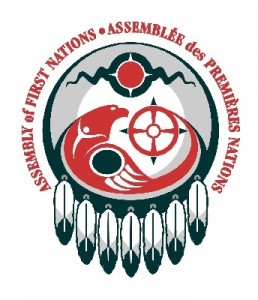Feds cut AFN funding, pay to study ‘aboriginal disconnect’
 OTTAWA – The same week the federal government imposed a $1.7-million cut to the budget of the Assembly of First Nations, a government agency has announced funding for a $1.9-million research program to “examine the interaction between Aboriginal and non-aboriginal legal structures in Canada, Africa and Pacific Island countries.
OTTAWA – The same week the federal government imposed a $1.7-million cut to the budget of the Assembly of First Nations, a government agency has announced funding for a $1.9-million research program to “examine the interaction between Aboriginal and non-aboriginal legal structures in Canada, Africa and Pacific Island countries.
A team of experts led by University of Ottawa law professor Ghislain Otis will use a grant from the Social Sciences and Humanities Research Council (SSHRC) for a large-scale project that will lead to a better, more sustainable legal diversity and coexistence of state and Aboriginal systems. Professor Otis’s research project — a first of its kind — will compare and analyze the interaction between Aboriginal and non-aboriginal legal cultures in Canada, Africa and the Pacific Island Countries, to identify the conditions that foster legal diversity, particularly as they apply to three specific issues: land and resources, family and justice. Ultimately, the research will propose practical approaches that governments and Aboriginal peoples can adopt to support viable legal diversity.
The project, which is funded under SSHRC’s Partnership Grants program, groups 14 universities from seven countries, along with ten partners, six of which are Aboriginal. As well, 40 students will have the opportunity to contribute to the project.
“In Canada, when a social, humanitarian or political crisis fuels differences between Aboriginal and non-Aboriginal societies, like the crises in Attawapiskat, Kashechewan, Caledonia and Oka, it is clear that there is a deep disconnect between state law and aboriginal legal traditions.” Says the funding announcement. “ These crises also highlight the belief that under the colonialist system, aboriginal legal systems have often been ignored or overruled. That said, problems arising from legal plurality or from opposing legal systems occur not only in Canada but around the world.


